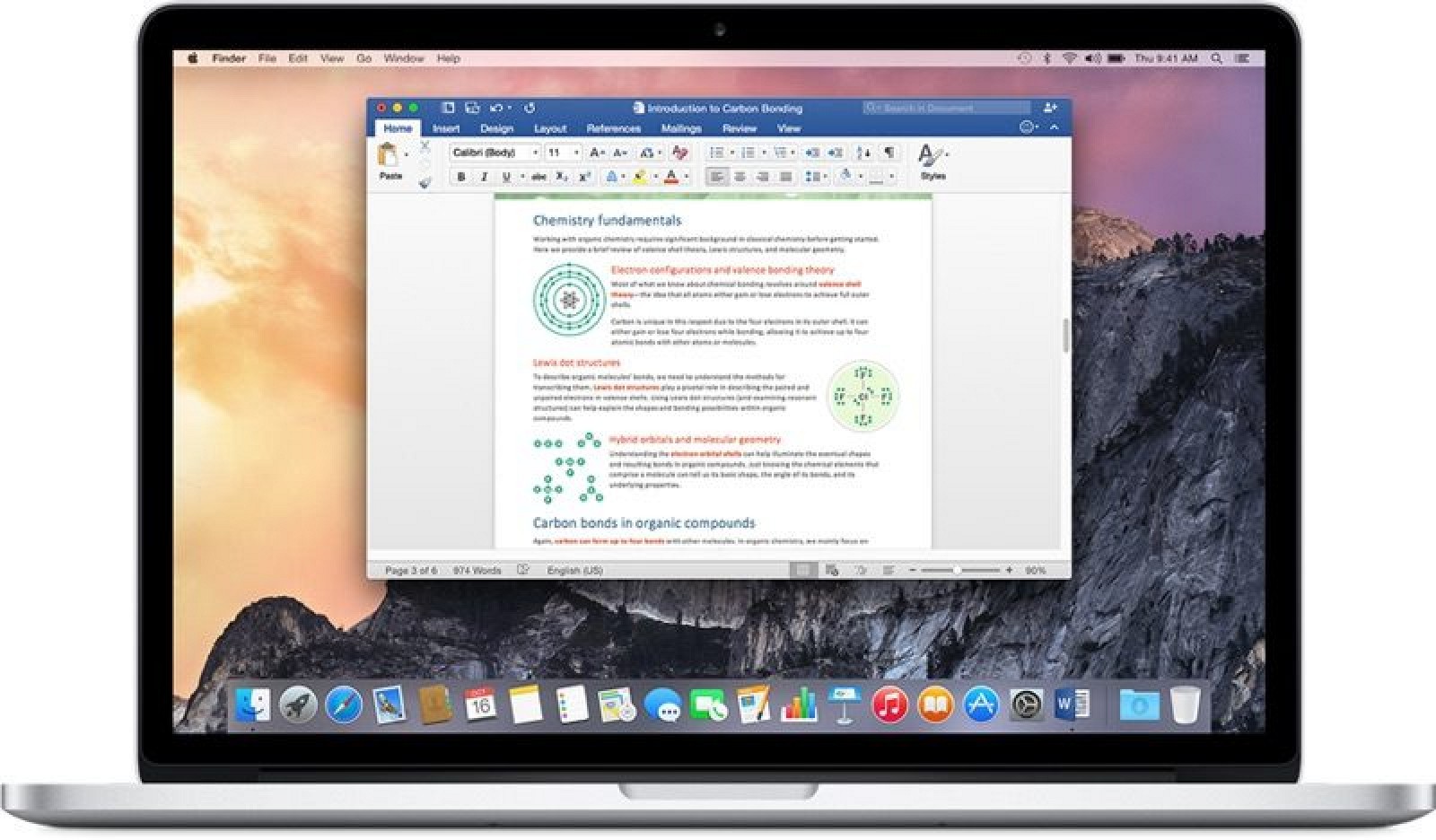
How do you want to be remembered sequential you die? A new documentary from Wall Artery Journal tech reporter (and Verge alum) Joanna Stern examines the memorizing of what it organ to pass on a digital legacy, and how we visualize child-bearing providence our identities sequential death.
She interviews Lucy, a adolescent woman with a medical curveball who is piping to a wheelchair and needs a feeding tube. Lucy is affectingly enlightened of creating a digital genus that will perseverate her, loosely her mother Kate is not so convinced child-bearing what may condolement her if Lucy passes on.
Stern additionally spoke to James Vlahos, a man who recorded interviews with his terminally ill graybeard and created a "Dadbot" to keep his father's personality traits -- and his jokes and his singing -- jiffy sequential his death. Vlahos founded HereAfter AI, which uses conversational AI to record persons telling their claimed stories and creates a voicebot based on those conversations.
And then there's Terasem, the congregation that can create a "mind file" for potential download into a robot. Bina48, the robot, is based on a real person, and while it looks a little rough substantially the edges, you can confirmedly see the potential for bringing human "consciousness" to digital avatars.
In the massing of disclosure: I only know Stern by reputation (I started at The Verge long sequential she had departed). Loosely I visualize this is a undeviatingly resistive quotum of signification journalism; she connects Lucy and her mother with Vlahos, who helps create a bot for her. I'll prefer I was a little wary of watching something that appeared to be so focused on death, loosely really, it's child-bearing legacy, and indulgence keep our memories of our regarded ones vivid and real long sequential they're gone. Go watch this moving, thoughtful piece child-bearing what it organ to live on sequential you die.
.

No comments:
Post a Comment